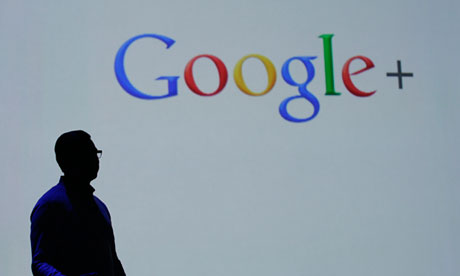
Google is to make a significant change to its search algorithm from Monday, downgrading websites that persistently breach copyright laws.
The move is a victory for media and entertainment giants, which have complained for years that Google does not do enough to prevent access to material that breaches strict copyright laws on content such as music videos and TV shows.
Google said in a blogpost that it would take into account the number of valid copyright takedown notices that it received for any given sites. Those sites with high numbers of removal notices may appear lower in user search results, it said.
"This ranking change should help users find legitimate, quality sources of content more easily – whether it's a song previewed on NPR's music website, a TV show on Hulu or new music streamed from Spotify," wrote Amit Singhal, the company's senior vice-president for engineering.
The decision follows prolonged behind-the-scenes lobbying by the music and film industries to get Google to demote the search position of sites which they say infringe their copyrights, such as the Pirate Bay.
Google has resisted on the basis that its search results should reflect what sites people point to for particular words or phrases – the basis on which its search reputation was built – but that has become less and less tenable as it has tweaked its algorithm to favour or penalise sites that it sees as "spam" for other sorts of content.
The fact that the blogpost is signed by Amit Singhal, Google's most senior engineer in its search team, indicates the level at which this decision has been taken.
Google's previous refusal has also been said within the industry to have been the reason why it has struggled to sign content deals with the music and film businesses to rent or sell a broader variety of films or music outside the US.
But the decision means that it may now be able to sign up the record labels and film studios so that it can compete more effectively with Apples's iTunes. Google has for a long time had plans to make money from selling films and music via Google Play, according to documents released earlier this year at its trial against Google, but revenues have been far below its projections despite the wide penetration of handsets running its Android software in the smartphone market.
The move was welcomed by the entertainment industry Michael O'Leary, senior executive vice-president for global policy at the Motion Picture Association of America, said in a statement: "We are optimistic that Google's actions will help steer consumers to the myriad legitimate ways for them to access movies and TV shows online, and away from the rogue cyberlockers, peer-to-peer sites and other outlaw enterprises that steal the hard work of creators across the globe."

